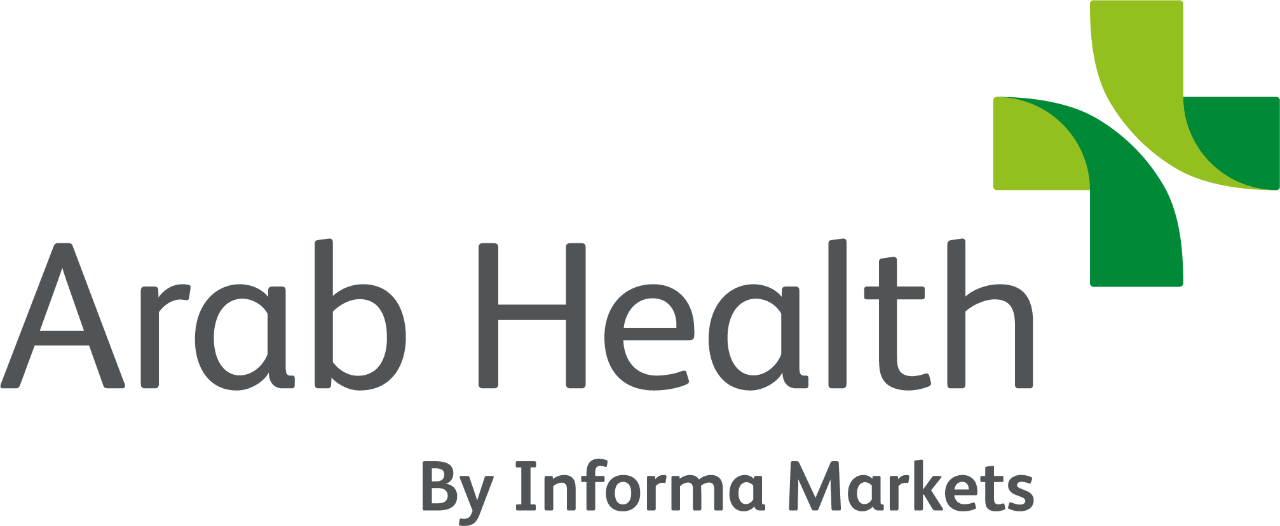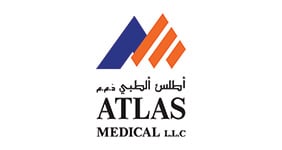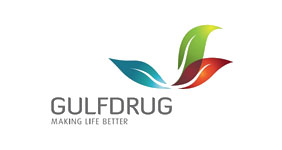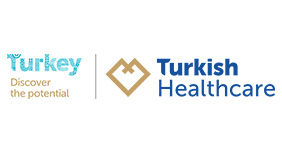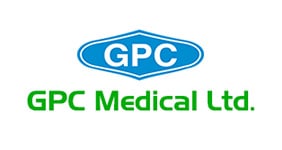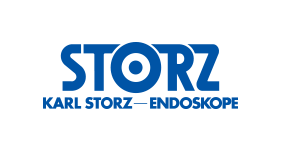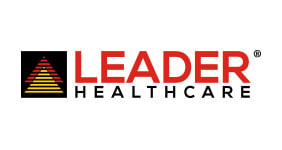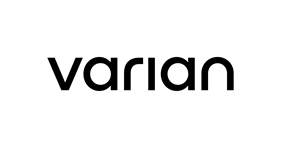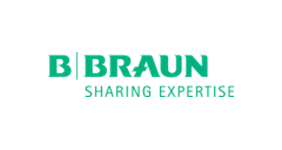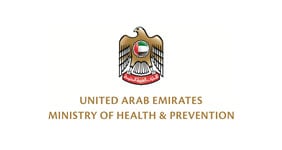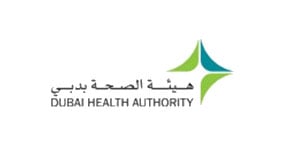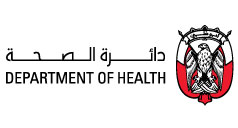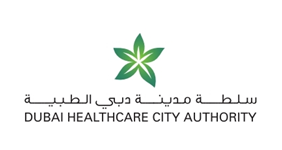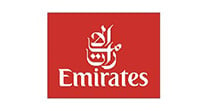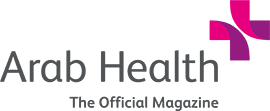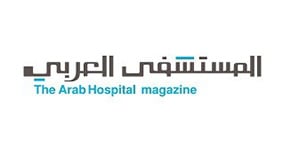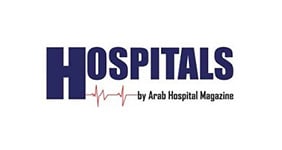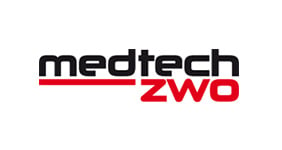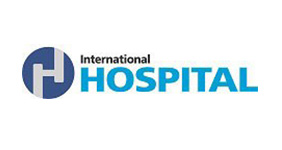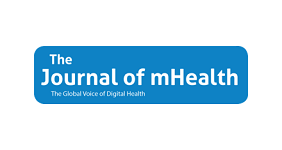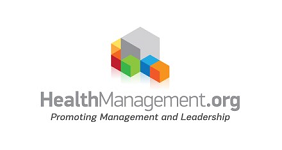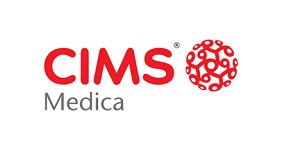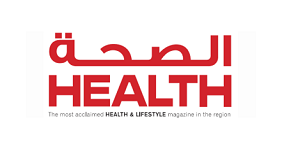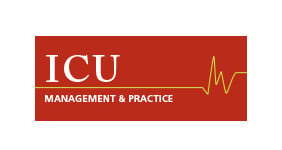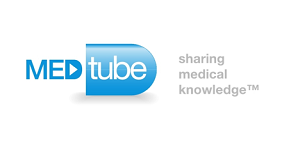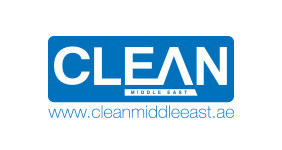Technology: accelerating innovation across healthcare.
The role of artificial intelligence (AI).
Improving clinical outcomes with the use of Artificial Intelligence (AI) is captivating the healthcare industry worldwide, both from the perspective of diagnosis and disease management, as well as for governments, tech companies and healthcare providers who are willing to invest and test AI-powered solutions. There appears to be a paradigm shift to healthcare that is led by the increasing availability of healthcare data and rapid progress of analytics techniques, and AI is at the centre of this.
From AI-assisted robotic surgery and virtual nursing assistants, to AI algorithms that can aid in clinical judgements and diagnosis, and the potential to automate administrative tasks with AI, the possibilities are endless when it comes to the integration of AI-powered tools into every day health management.
Some of the most innovative AI-powered health and wellness tools on the market include IBM’s Watson supercomputer that helps doctors gauge the impact of certain symptoms, come to a diagnosis and make decisions, as well as Google’s recently introduced algorithm that can be used for clinical predictions. Similarly, Apple’s ResearchKit focuses on pooling data from various mobile devices in order to aggregate and make sense of more live health data in the treatment of Parkinson’s disease and Asperger’s syndrome. Meanwhile, Microsoft’s InnerEye research project uses state of the art ML technology to build innovative tools for the automatic, quantitative analysis of three-dimensional radiological images turning radiological images into measuring devices.
Eight ways that AI and Robotics is transforming healthcare:
- Keeping Well
- Early Detection
- Diagnosis
- Decision Making
- Treatment
- End of Life Care
- Research
- Training
Source: PWC, What doctor? Why AI and robotics will define New Health, June 2017
About Arab Health:
For 44 years Arab Health has brought the latest innovations in healthcare to the MENA region. From state-of-the-art imaging equipment to the most cost-effective disposables; developments in surgery to advances in prosthetics, Arab Health continues to be at the heart of healthcare in the Middle East. The 2019 edition of the show will take place from 28-31 January and will welcome 4,150+ exhibiting companies to showcase their latest innovations to 84,500+ healthcare and trade professionals. Running alongside the exhibition are 12 CME accredited conference tracks and a variety of workshops and hands-on training sessions for medical professionals to advance their knowledge and skills. For more information, visit www.arabhealthonline.com.
